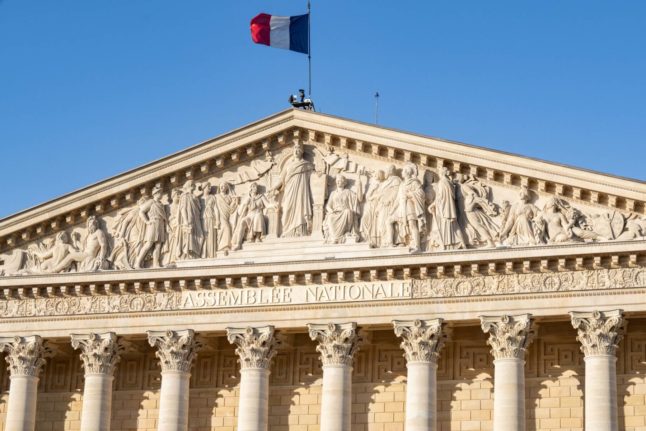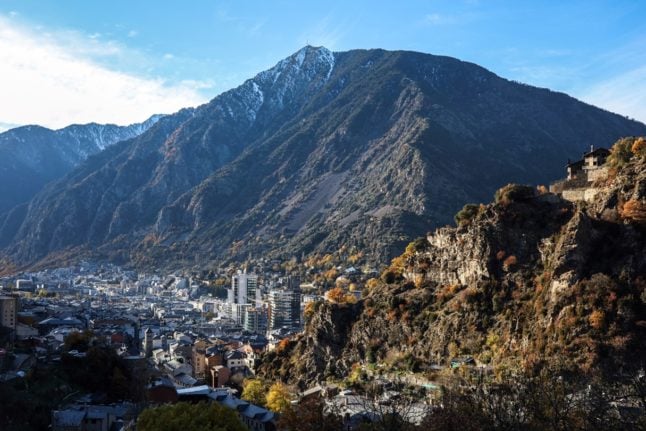France’s controversial Immigration Bill is currently at the committee stage in the Assemblée nationale and already MPs have thrown out several of the headline-grabbing amendments that their colleagues in the Senate added last month.
Among them is a bid to relax visa rules for Brits who own property in France.
The Senate had considered three amendments relating to second-home owners, including one that proposed creating a special visa for all second-home owners (not just Brits).
But in the end it adopted a vaguely-worded motion to exempt British second-home owners from the requirement to either have a visa or abide by the 90-day rule.
In essence, it would have restored pre-Brexit travel conditions to Brits who own property in France, although the amendment added that “The conditions for the application of this article shall be specified by decree in the Conseil d’Etat”.
However, MPs on the Commission des lois (law committee) of the Assemblée nationale have now junked the amendment, meaning that the current rules will remain in place for British second-home owners in France.
The application to cancel the amendment stated that: “The automatic granting of a long-stay visa based solely on property ownership could be perceived as favouring a category of people because of their financial situation, creating inequality in relation to other foreign nationals who have to follow a more rigorous procedure to obtain such a visa.”
A second amendment on the same topic added: “Nothing justifies this exemption, British citizens made a sovereign choice to leave the European Union and renounce the advantages that come with it. The simple fact of owning a second property is not sufficient grounds to justify exemption from visa requirements.”
It added that the Brexit Withdrawal Agreement already contains measures that allow British nationals to get visas or residency cards relevant to their status.
Since Brexit, British visitors have had to follow the same rules as other non-EU nationals like Americans and Canadians – either limiting their visits to 90 days in every 180 or getting a short-stay visa.
In France, it is the Assemblée nationale that has the final say on laws, so this signifies the end of the road for this particular attempt to ease travel conditions for British second-home owners (although others may follow).
The Immigration bill is the flagship piece of legislation for this parliamentary term, and has already stoked plenty of controversy.
As it passed through the Senate, many senators took the opportunity to add attention-grabbing amendments such as the withdrawal of medical cover for undocumented workers.
The Assemblée’s law committee has already cancelled several of these and looks likely to cancel more as hearings continue.
The full debate on the bill before parliament is scheduled to begin on December 11th.
Calendar: What happens next with France’s immigration bill?
Other potentially significant parts of the bill, such as the introduction of language tests for certain types of residency card, remain in place.
READ ALSO What would change for foreigners in France under the new Immigration bill?



 Please whitelist us to continue reading.
Please whitelist us to continue reading.
Member comments